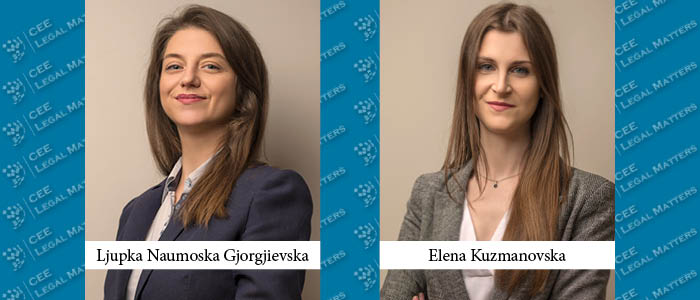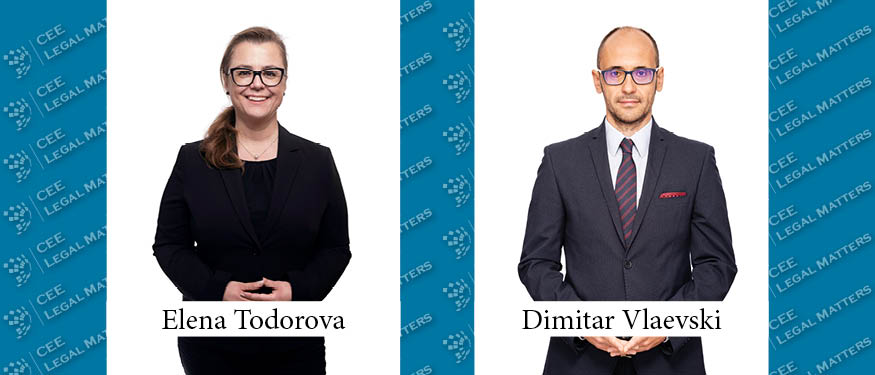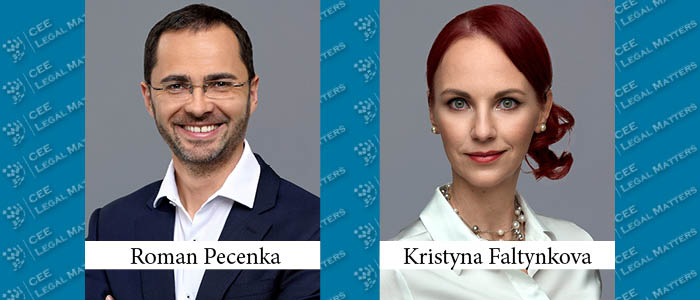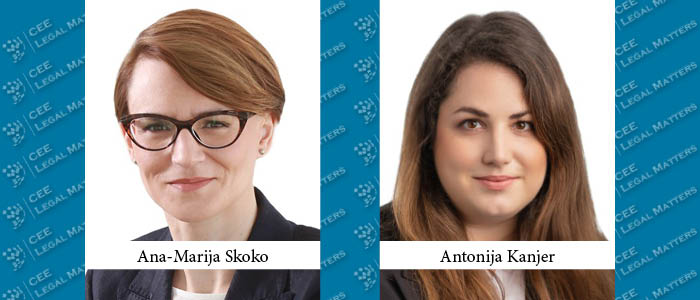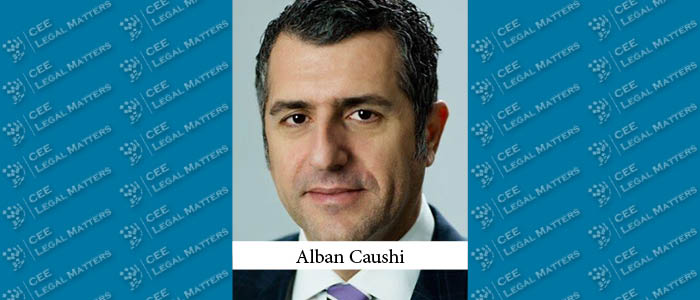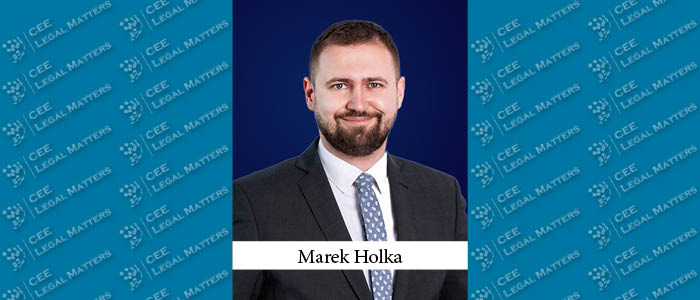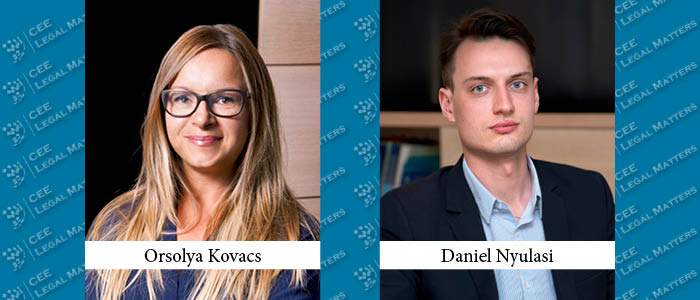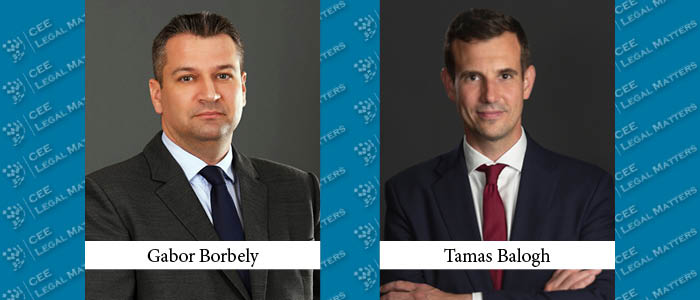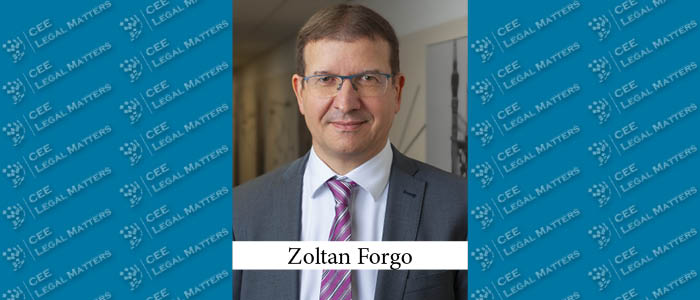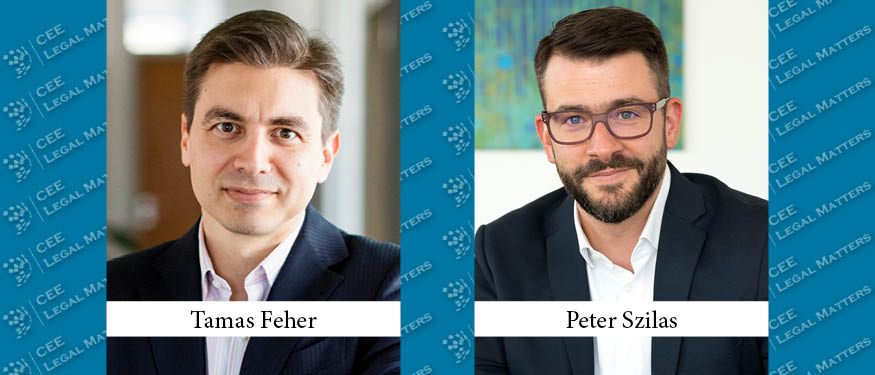In recent years, the real estate market in the Republic of North Macedonia, particularly in its capital city of Skopje, has witnessed significant activity. Statistics indicate a consistent trend of construction and sale of numerous residential apartments. Notably, despite the steady increase in real estate prices since 2021, there has been a notable surge in demand for residential apartment purchases. Concurrently, investor interest in constructing residential and office buildings remains robust, showing no significant signs of decline.
Bulgaria: Real Estate Trends and Projects Status
Although 2024 is just beginning, below we have summarized the trends and projects expected to have an impact on the development of the real estate market in Bulgaria:
Czech Republic: Desired Acceleration of Permitting Processes in Jeopardy
The annoying length of the construction permitting process in the Czech Republic became a notoriety. Thanks to this, the prices of new dwelling premises are sky-high, and foreign investors are leaving their projects because they are unable to plan their investment – a striking example of which is the recently abandoned Microsoft project of a new data center in Prague.
Croatia: Decentralization of State Property Management in Croatia Benefiting Developers of Greenfield Real Estate Projects?
Due to various historical reasons, a large percentage of undeveloped construction land in Croatia is still owned by the state. As a result, developers of (primarily greenfield) real estate projects have often had to go through a laborious and lengthy process to acquire construction land from the Republic of Croatia. Recent legislative changes could mark a decisive shift toward decentralization and a more efficient management system, potentially streamlining processes that were previously mired in bureaucratic complexities.
Serbia: (Un)Just Changes in Land Conversion and Registration in the Cadastre
During 2023, there have been significant changes in the legal regulations in the field of planning and construction as well as in terms the Real Estate Cadastre in Serbia. In August, amendments to the Law on Planning and Construction entered into force, while in November, amendments to the Law on the Registration Procedure with the Cadastre of Real Estate and Utilities (which is now called the Law on the Registration Procedure with the Real Estate Cadastre and Infrastructure Cadastre) entered into force.
Greece: Unveiling the Roadmap in Greek Tourism Investment – Trends and Challenges
Tourism in Greece is flourishing, and with international tourism expected to reach – and exceed – pre-pandemic levels, it is no wonder that investors from all over the world are flocking to Greece.
Turkiye: The “Airbnb Law” – New Regulation on Short-Term Leases in Turkey
Ever since Booking.com’s activities had been suspended in Turkey by a court decision upon “unfair competition” claims raised by the Association of Turkish Travel Agencies (TURSAB), new regulations were anticipated in the short-term lease sector dominated by Airbnb, as unregistered and untaxed rental income obtained from short-term rentals has been a matter of discussion for a long time.
Albania: Examining Albania’s Real Estate Landscape – A Legal Perspective
Albania’s real estate market has undergone a significant transformation in the last decade, attracting global attention across the residential, commercial, and tourism sectors. This surge in interest is a result of the country’s economic and legislative reforms, political stability, successful justice reform implementation, and progress in the EU accession process. These factors collectively present investors with promising opportunities in Albania’s dynamic and evolving market.
Hungary: New Land Registration Procedure
Based on our experience and feedback from our clients, Hungary’s real estate law has already provided a very favorable legal environment for secure real estate investments. In the integrated land registration system, introduced in 1971, based on a cadastral map, real estate transactions are administered by one single decentralized organization comprising 20 regional and 119 district land offices.
Ukraine: Build Back Better According to International Standards
On January 19, 2024, the International Federation of Consulting Engineers (FIDIC) entered into a strategic partnership with Ukraine’s Ministry for Communities, Territories, and Infrastructure Development. The deal aims to create National Particular Conditions for using FIDIC contracts in Ukraine. This is promising news for professionals familiar with drafting such contracts for Ukrainian construction projects. But can FIDIC forms be used in Ukraine while this initiative is in progress, and what challenges do professionals face in using these contracts in the country?
Hospital Debt: The Scourge of the Supply Chain
There are few healthcare reforms that could be called revolutionary. Even fewer have been initiated in the courtroom. Case C-412/23 could be one of those rare cases. On July 5, 2023, the European Commission brought an action against the Slovak Republic for allegedly infringing Directive 2011/7 on combating late payment in commercial transactions by continuously failing in 2015, 2016, 2017, and from 2018 onward to ensure that public entities providing healthcare pay their commercial debts within a maximum period of 60 calendar days.
New Legislation Impacting Transformations of Companies and Introduction of Spin-Offs
Recently, Slovak legislation underwent a significant change with the adoption of the Act on Transformations of Commercial Companies and Cooperatives. Effective as of March 1, 2024, the act marks a departure from previous regulations within the Slovak Commercial Code, which had grown rather inflexible and outdated in the area of corporate transformations.
News in the Solar Power Plant Market
The solar power plant market in Hungary became very active lately and it is expected to grow further still. Transactions in this market require more due diligence than, for example, the sale of a business property, and it seems that as of this January, foreign investors will need to consider this further aspect simultaneously when making a business decision on a solar market transaction.
Hungary Encourages ESG Reporting to Improve Global Competitiveness of Local Enterprises
Hungary recently adopted the so-called “ESG Act” (Act CVIII of 2023) relating to corporate social responsibility, taking into account environmental, social, and governance aspects, in order to promote sustainable financing and unified corporate responsibility. The act will gradually enter into force for different players within three years but, in general, is applicable as of January 1, 2024. The act is a framework regulation and further detailed rules are to be set out in government decrees yet to be issued to give greater clarity to market participants.
Navigating Complexity: Mixed-Use Real Estate Development in Hungary
Hungary’s real estate market has undergone a notable transformation in response to recent economic shocks – war, soaring energy prices, sharp interest rate hikes, and high inflation rates. Initially taking a cautious wait-and-see approach, market players have now shifted toward a more proactive approach, navigating the complex economic environment through innovative strategies. Among these strategies, mixed-use developments have gained traction. They’re seen as resilient to market turbulence but also provide innovative development opportunities and new ways for urban transformation.
Current Trends in the Hungarian M&A Market
I looked at M&A transactions in the last years using publicly available sources, our own transactions, and information provided by corporate finance advisory partners. I found that in 37% of the cases, purchasers came from Western Europe, in 37% from Hungary (private companies or the Hungarian state), and in 11% from investors in the CEE, while transactions where the purchasers were of US or Asian origin were negligible (US 3%, Asia 4%).
Redesigning – Changes in IP Designs in Hungary
Important changes entered into force as of January 1, 2024, in the world of designs. As a result, it will be easier, faster, and cheaper to obtain IP design protection in Hungary.
Hungary’s Legal Landscape: Navigating Peaks and Valleys in Litigation Trends
Hungary’s litigation landscape was shaped by the economic trends, domestic legal reforms, and global crises of the past 10-15 years. From the 2008 economic crisis to the implementation of the new Civil Procedure Code in 2018 and the transformative effects of the COVID-19 pandemic, it has been a rollercoaster ride.

